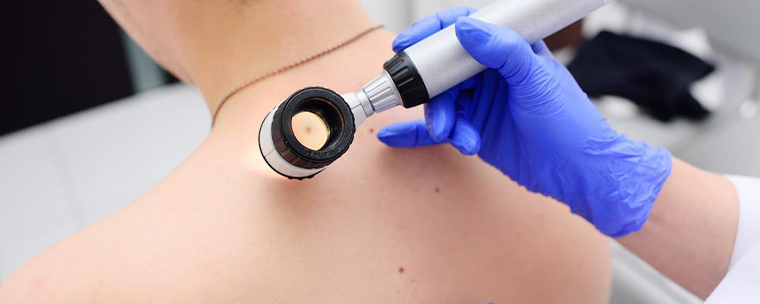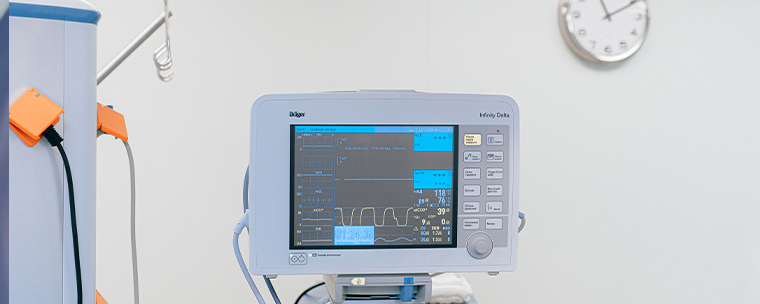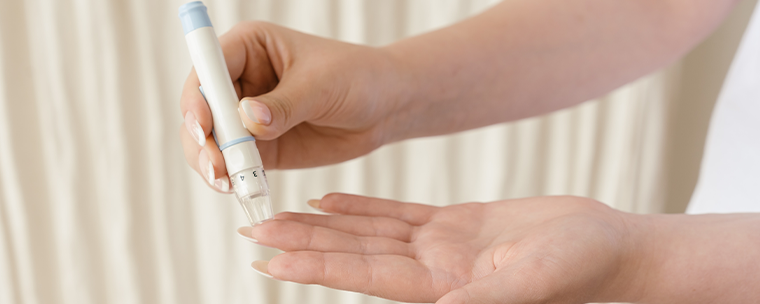The Power of Blood:

When it comes to diagnosing and treating various medical conditions, the power of blood cannot be overstated. Lab specimen collection plays a vital role in healthcare by providing valuable insights into a patient's health status. From routine screenings to specialized tests, proper blood specimen collection and analysis are essential for accurate diagnoses and effective treatment plans. At Loqman Medical Care, PLLC, we understand the significance of lab specimen collection in enhancing patient care. In this blog post, we delve into the importance of this process and how it contributes to improved diagnostics and overall wellness.
Understanding the Lab Specimen Collection Process:
Lab specimen collection involves the careful and systematic collection of blood samples for analysis in the laboratory. It is a critical step that requires trained professionals who follow strict protocols to ensure accurate and reliable results. Common methods of blood collection include venipuncture, fingerstick, and arterial puncture. The choice of method depends on the type of test being performed and the specific needs of the patient.
Enhancing Diagnosis through Lab Specimen Collection:
Accurate and Reliable Results:
Proper lab specimen collection ensures the integrity of the blood sample, leading to accurate and reliable test results. This is essential for diagnosing various conditions, monitoring disease progression, and assessing treatment effectiveness.
Comprehensive Health Assessments:
Blood tests provide valuable information about a patient's overall health. They can reveal indicators of organ function, hormone levels, cholesterol levels, blood cell counts, and much more. These insights enable healthcare providers to perform comprehensive health assessments and detect underlying medical conditions.
Early Detection and Prevention:
Lab specimen collection allows for the early detection of diseases, even before noticeable symptoms arise. Routine screenings, such as cholesterol checks and blood glucose tests, can help identify risk factors and allow for early intervention and preventive measures.
Personalized Treatment Plans:
Blood tests provide healthcare providers with essential information for creating personalized treatment plans. By analyzing blood markers and biomarkers, healthcare professionals can tailor therapies to address specific conditions and individual patient needs.
Monitoring Disease Progression:
Regular lab specimen collection plays a crucial role in monitoring the progression of chronic conditions. It enables healthcare providers to track changes in blood markers over time, adjust treatment plans accordingly, and ensure optimal disease management.
The Expertise of Loqman Medical Care, PLLC:
At Loqman Medical Care, PLLC, we understand the power of blood in diagnosis and treatment. Our dedicated team of healthcare professionals, led by Dr. Nuveed Loqman, MD, utilizes advanced lab specimen collection techniques and state-of-the-art laboratory facilities to ensure accurate and timely results. We prioritize patient comfort, safety, and confidentiality throughout the process, ensuring a seamless experience for our patients.
Conclusion:
Lab specimen collection is a critical component of healthcare, empowering healthcare providers to diagnose conditions accurately, develop personalized treatment plans, and monitor disease progression. At Loqman Medical Care, PLLC, we recognize the importance of this process and its role in enhancing patient care and overall wellness. Through our commitment to excellence, we strive to provide accurate and reliable lab specimen collection services, enabling us to make informed medical decisions and optimize patient outcomes.
Contact Loqman Medical Care, PLLC today to schedule an appointment and experience the difference our comprehensive lab services can make in your healthcare journey.










